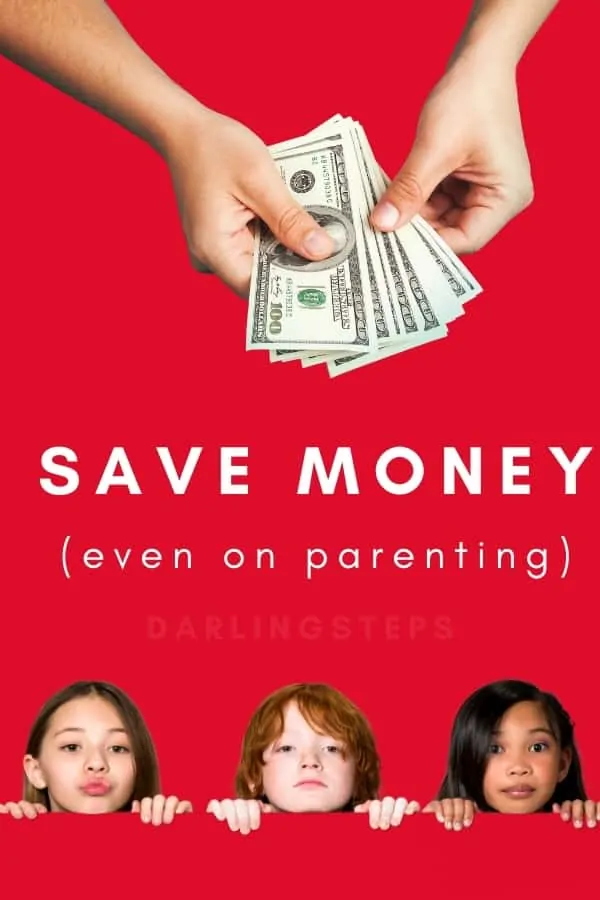How to Forgive Yourself (When You Feel Like Crap)
How to Forgive Yourself – The Hardest Form of Forgiveness
If you’re anything like me, you are your own harshest critic and toughest judge. It’s not easy to forgive and it’s even harder to forgive yourself when you know you’ve done or said something wrong. The good news is that it can be done and if you follow the advice below, you’ll be well on your way to forgiving yourself.
Start By Asking For Forgiveness
Nine times out of ten you do something that involves and hurts another person. Before you can start to forgive yourself, you should ask that person for forgiveness. Make up for what you did, set things right, and then ask them to forgive you. It’s a powerful thing that will help both of you move on.
Vow To Do Better In The Future
Next, it’s important to make sure you won’t do the same thing again. Forgiveness is meaningless if you just turn around and do it again. At the same time, by thinking about what you did and how you can be better in the future, you’re taking a big step towards forgiving yourself.
Facing your own mistakes and shortcomings isn’t easy. Take your time, work through it, and look at it as a learning opportunity. Until you face your faults and figure out what you can do better, you can’t learn and grow as a human being. Take that opportunity and make it count.
Repent and Atone
Yes, this sounds very Christian and medieval, but there’s something to be said for atonement. It’s much easier to forgive yourself when you feel like you’ve paid a price for what you’ve done.
Asking for forgiveness and vowing to do better in the future may be part of that, but sometimes you need to take things a step further.
Do something nice for the person you’ve hurt. What you do and how you do it will vary from situation to situation. Do what you can to set things right or at least make things better for the person you’ve hurt.
It’s also important to realize that the person you’ve hurt may not ready to forgive and move on. That’s ok. Respect their space and their pain. Instead, go out and do something nice for someone else. Go help out in your community, run some errands for an elderly neighbor, be kind to a stranger. Do something nice to balance out the negative things you’ve done. Trust me, even if you can’t help the person you’ve hurt, you’ll feel better for it.
Last but not least be there when the other person is ready for forgiveness. Don’t expect to have the slate wiped clean. Take responsibility for what you did and at that point do what you can to make things right. Most importantly acknowledge the forgiveness and thank the person for it. This is as much for their benefit as yours.



